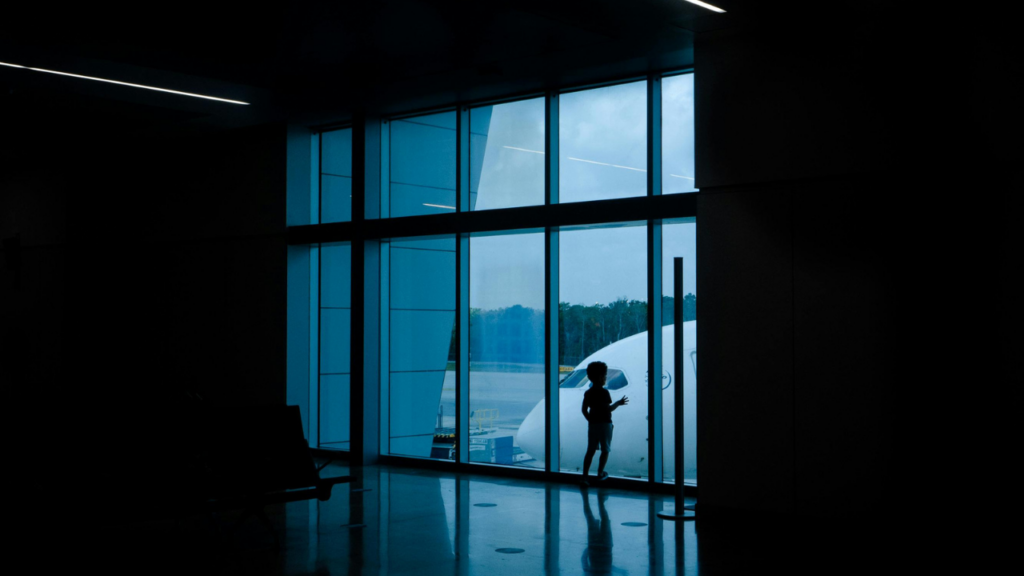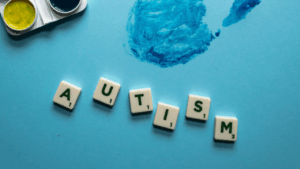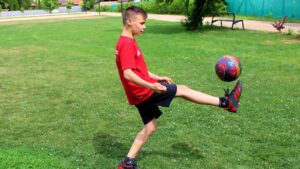Traveling with children can be both rewarding and challenging, and families of children with autism often need to plan with extra care and consideration. With thoughtful preparation and the right strategies, you can create positive travel experiences that the whole family can enjoy. Understanding your child’s needs and preparing accordingly can transform what might seem like a daunting journey into an enriching adventure.
Travel Planning Makes Perfect
The key to successful travel lies in thorough preparation. Start by involving your child in the planning process whenever possible. Talk about the upcoming trip, show pictures of the destination and transportation methods, and discuss what to expect. This preparation helps reduce anxiety about the unknown and gives your child time to process the upcoming changes to their routine.
Consider creating a visual schedule of the journey, including major transitions and activities. This can help your child understand what comes next and feel more in control of their experience. If possible, practice elements of the journey beforehand, such as going through security at the airport or taking shorter car rides to build up tolerance for longer trips.
Creating Comfort in Travel
Whether traveling by car, plane, or train, maintaining some familiar elements can help your child feel more secure. Pack a travel kit with favorite comfort items, familiar snacks, and engaging activities. Include noise-canceling headphones, familiar toys, and any sensory items that help your child stay regulated. Having these familiar items readily available can provide comfort during potentially stressful moments.
For air travel, contact the airline in advance to discuss any accommodations your child might need. Many airports now offer practice programs or quiet rooms for families with autistic children. When driving, plan regular breaks at predictable intervals, allowing time for movement and sensory regulation.

The key to successful travel lies in thorough preparation
Managing New Environments
New environments can be overwhelming, but there are ways to make them more manageable. Research your destination thoroughly, looking for potential sensory challenges or quiet spaces where your child can take breaks if needed. Consider booking accommodations that offer kitchen facilities, allowing you to maintain familiar meal routines when possible.
Take time to establish a modified version of your home routine at your destination. While everything can’t be exactly the same, maintaining key elements of your child’s schedule can provide helpful structure. This might include keeping consistent meal and sleep times, or maintaining certain bedtime rituals that help your child feel secure.
Building Travel Skills
At Norfolk Autism Center, we understand that successful travel requires practice and preparation. Our family training programs include strategies for managing transitions and new experiences, skills that prove invaluable during travel. We work with families to develop personalized approaches that consider each child’s unique needs and challenges.
Through our programs, children can practice flexibility and coping skills in a supportive environment. We help families identify potential challenges and develop specific strategies for various travel situations. These skills not only make travel more manageable but also contribute to greater independence and confidence in daily life.
Support for Your Family’s Journey
Located at 152 Burnetts Way in Suffolk, VA 23434, our center specializes in helping families of children ages 2-6 develop the skills needed for successful experiences in all environments, including travel. We work with families to build these essential life skills through structured, supportive programs designed around each child’s specific needs.
Our comprehensive family training programs are accessible through most insurance plans, including Medicaid. To learn more about how we can help your family develop successful travel strategies, contact us at (757) 777-3229 to schedule your free consultation.




